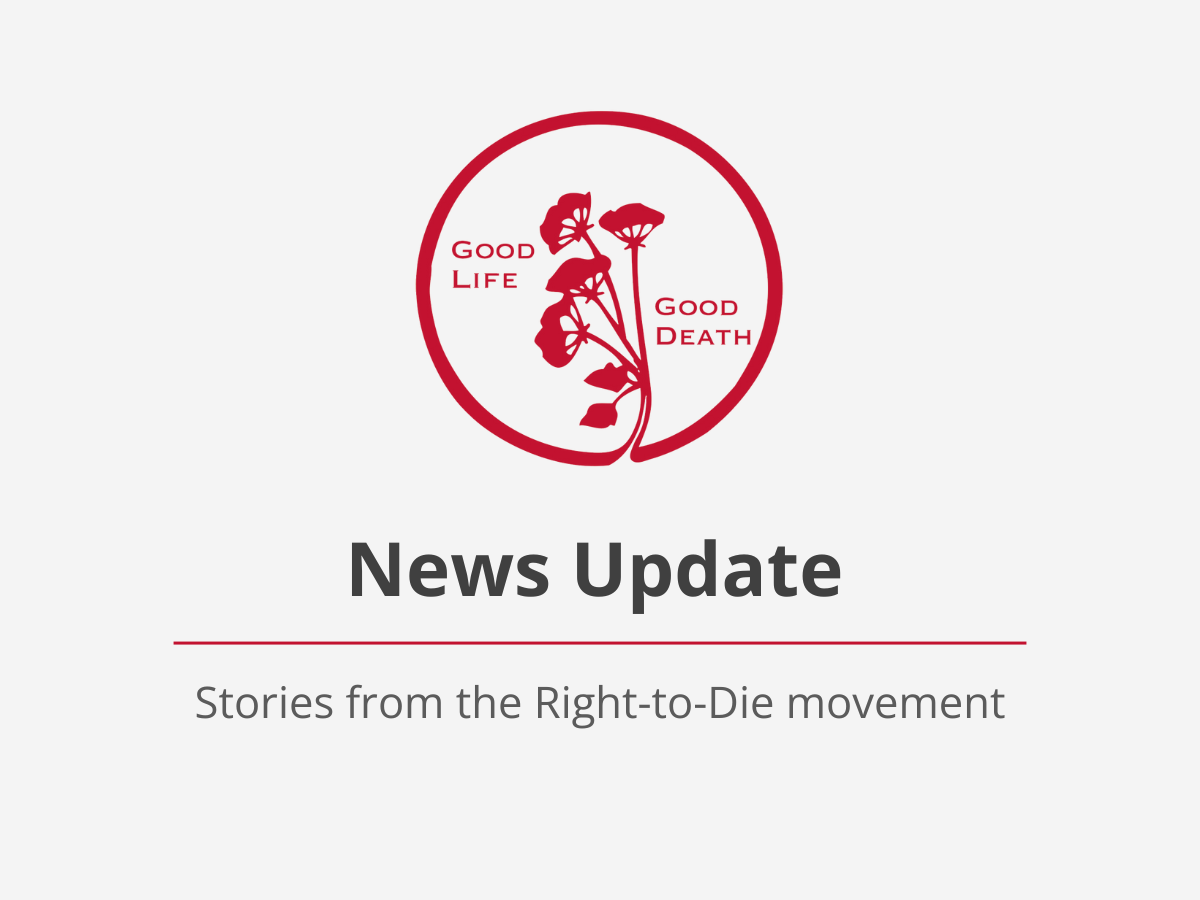"Jonker wants to be one of a growing number of people – almost 400 in…
Cancer Medicine is Failing Us
Cancer is the #1 diagnosis for those taking advantage of medical (or physician) aid in dying. This could be simply because the prognosis (to achieve the required six months or less to live) is more predictable than other diseases. This author makes the case for “slow medicine,” or, as he calls it, “gentle cancer medicine.”
This article discusses The Emperor of All Maladies, Siddhartha Mukherjee’s history of the decades-long war against cancer; a book which makes clear that, despite some victories in cures for certain uncommon types of cancer, the war has been a massive failure.
In 1933 surgeons discussing stomach cancer quoted, approvingly, an old Arab saying that “he is no physician who has not slain many patients.” Concern for patients’ quality of life was castigated as “mistaken kindness.” In 1962, a ward where children were administered multiple chemotherapy agents was called a “butcher shop.
The linkage of cancer to tobacco, which led to declines in smoking (another story well told by Mukherjee), has probably saved more lives than all other cancer-related scientific advances put together.
The current mortality rate for all cancers in the U.S. is roughly what it was in 1930. According to the invaluable website Our World in Data, mortality from lung cancer, by far the biggest killer, has returned to its 1970 rate. Although the death rates of some cancers, notably of the stomach and breast, have recently declined, death rates of liver, pancreatic and brain cancer have increased. Absolute death tolls from cancer keep climbing, increasing from 278,561 in 1990 to over 400,000 in 2017.
To paraphrase Mukherjee, testing represents an inversion—or perversion–of the Hippocratic oath to do no harm. A 2015 review of screening methods for cancer and other diseases found that none extend life, when all causes of mortality are taken into account. Studies have revealed that tests such as mammograms and screening for prostate cancer have led to massive overdiagnosis and overtreatment.
A 2018 study warned that “more harm than benefit is created for most commonly used tests.” The following passage deserves emphasis: “Screening is big business: more screening means more patients, more clinical revenue to diagnostic and clinical departments, and more survivors in need of care and follow‐up. Critics are met with fierce opposition and not much changes. We believe, however, that a major, radical change is urgently needed after more than four decades of enormous investments and failing expectations.”
*The profit motive corrupts cancer medicine. The costs of cancer care in the U.S. are expected to reach $175 billion next year, up from $125 billion in 2010. Mukherjee is certainly worried about surging costs. In a recent New Yorker article, he expresses concern that new immunotherapies, on which he is working, cost hundreds of thousands of dollars per patient, and more than a million if follow-up care is included. He hopes that “continuous, iterative improvements” will make the drugs affordable.
Europe, which spends much less on cancer care than the U.S., has lower cancer mortality rates, according to a 2015 study. So do countries such as Mexico, Italy and Brazil, according to Our World in Data. These data corroborate concerns that the aggressive, expensive American approach to cancer is doing more harm than good.
Read “Cancer Medicine is Failing Us” By John Horgan – Scientific American Blog – August 1, 2019

